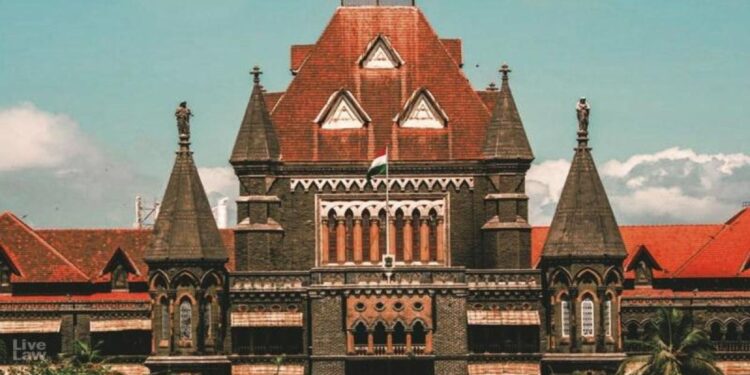The Bombay High Court on Monday upheld the arrest of Mihir Shah and his driver, Rajrishi Bindawat, in connection with the tragic BMW hit-and-run incident in Worli, which led to the death of 45-year-old Kaveri Nakhwa. The Court dismissed their petitions, in which they sought to challenge the legality of their arrest and requested the quashing of the remand orders.
A bench consisting of Justice Bharati Dangre and Justice Manjusha Deshpande rejected the petitioners’ argument that their arrest was unlawful. Shah and Bindawat claimed that the police had failed to inform them of the grounds for their arrest, as required under Section 50 of the Criminal Procedure Code (CrPC), and that their fundamental rights to personal liberty had been violated.
The incident occurred on July 7 when Mihir Shah, allegedly under the influence of alcohol, crashed his BMW into a two-wheeler in Worli, killing Kaveri and injuring her husband, Pradeep. Shah’s car dragged Kaveri’s body for over 1.5 kilometers before coming to a stop. Shah fled the scene but was arrested two days later. The incident has sparked significant public outrage, especially given the severity of the crime and Shah’s alleged attempt to evade responsibility.
Mihir Shah, aged 24, is the son of Rajesh Shah, a prominent Shiv Sena leader associated with Chief Minister Eknath Shinde. While Rajesh Shah has been granted bail, Mihir and Bindawat remain in judicial custody.
In their petition, the accused contended that the police had not provided them with a clear explanation of the reasons for their arrest, which they argued violated their legal rights. However, the bench questioned whether such a requirement was necessary, given that they had been apprehended “red-handed.” The Court remarked that this case would serve as a critical test for determining whether informing the accused of the arrest grounds was required when the evidence pointed to their involvement in the crime.
Public prosecutor Hiten Venegaonkar strongly opposed the petition, asserting that the accused were fully aware of the charges against them and that the evidence was sufficient to support their arrest and continued detention. The Court’s decision allows the legal process to proceed, with both accused remaining in custody as investigations continue.
The case is expected to be closely watched, given its high-profile nature and the public interest surrounding the incident. It also raises important questions about procedural safeguards in criminal investigations, particularly cases involving serious offenses.

















